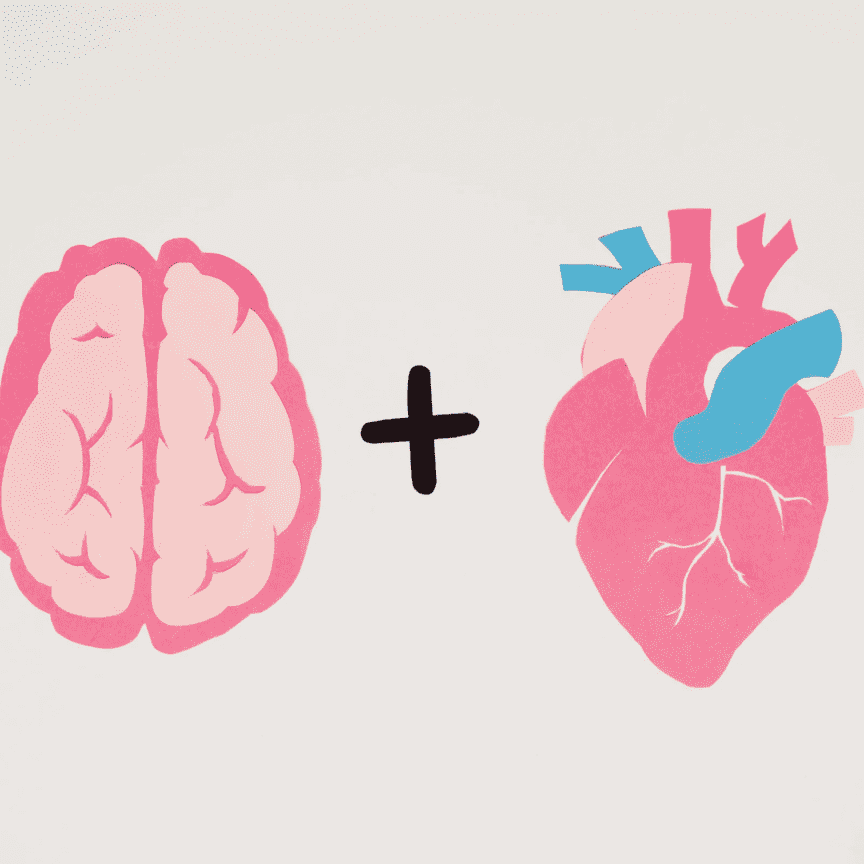A Conversation on Health
Since today marks the end of April's Stress Awareness Month, I'd like to shift our focus to the connection between fertility and mental health. Specifically, I aim to analyse how the intricate mix of physical demands, emotional strain, and mental challenges associated with infertility and fertility treatments can impact mental well-being.
Psychological Implications of Infertility
Infertility is recognised as a widespread issue across diverse cultures and societies, affecting approximately 10%-15% of couples in their reproductive years. In recent times, there has been a significant surge in the number of couples seeking treatment for infertility. This increase can be attributed to various factors, including the trend of delaying childbirth among women and advancements in infertility treatment methods. As more couples opt for fertility treatments, there has been a growing recognition of the psychological implications of infertility. Researchers have explored the relationship between mental health disorders and infertility, as well as the psychological impact of undergoing invasive infertility treatments for prolonged periods on mood and overall well-being. Understanding the profound impact of infertility or fertility treatments on one's life can be challenging.
Facing fertility challenges can trigger emotions like frustration, remorse, irritability and seclusion. Balancing these feelings and managing daily routines can be quite daunting, especially without adequate support at home or in the workplace. People dealing with fertility struggles often experience symptoms of anxiety. The constant pressure of feeling like every decision could impact their chances of conceiving adds to their stress levels.
Furthermore, individuals undergoing medical infertility treatments frequently must self-administer medication via injections. The physical effects of fertility treatment can intensify feelings of isolation. For instance, many individuals avoid social gatherings or opt to work remotely to ensure they have a quiet, private environment for their medication regimen. The medication utilised in treatment can lead to physical symptoms such as nausea, vomiting, fatigue, headaches, and cramps, along with cognitive symptoms like anxiety, depression, and mood swings. It's common for people undergoing treatment to prefer avoiding public places because of these effects. Recent studies show that 78% of people felt withdrawn and isolated due to fertility treatment and up to 72% of people say that fertility issues highly impacted their working life.
Social and Cultural Pressures
Across cultures, becoming a parent is widely regarded as one of the most significant transitions in adulthood for individuals of all genders. However, the inability to fulfil this cultural and social expectation can lead to stress, stigma, a sense of loss, and a decrease in self-esteem.
It's important to acknowledge that both infertility treatments and assisted reproduction processes are linked to heightened levels of depression, stress, and anxiety. For example, in recent years, there has been a surge in studies examining the impact of unsuccessful IVF attempts on the mental well-being of patients.
Moreover it's crucial to understand that women undergoing fertility treatments may already be contending with depression stemming from irregular regulation of luteinizing hormone, which controls ovulation. These treatments can further exacerbate the situation.
Support Options Available
Some women shy away from pharmacological treatments for depression/anxiety due to concerns that medications might interfere with their fertility or affect their pregnancy outcomes. However, there is no evidence to indicate that commonly prescribed antidepressants have adverse effects on fertility. Moreover, research gathered in the past decade indicates that certain antidepressants can be safely used during pregnancy.
On the other hand, various studies have shown that cognitive behavioural psychotherapy and participation in support groups can reduce stress and mood symptoms while also potentially boosting fertility rates. These non-pharmacological approaches offer valuable support for individuals facing fertility challenges.
Encouraging open dialogues about fertility and mental health is crucial in order to destigmatize these issues and encourage individuals to seek support. By raising awareness we can cultivate a supportive environment for those experiencing infertility, nurturing overall well-being and resilience in the face of these difficulties.
As I conclude, know that you are not alone on this path to better health and wellness. Your journey is unique but together we form a community of strength and support.
Let’s thrive together,
Cristina x






